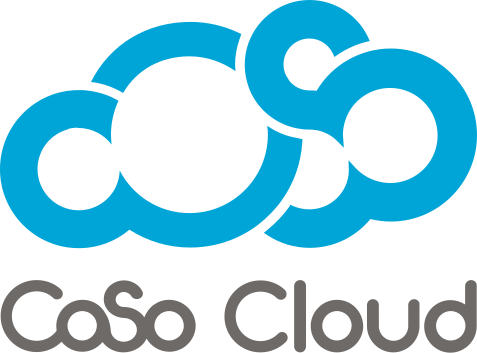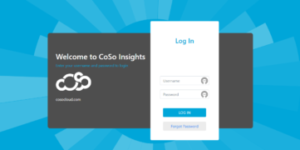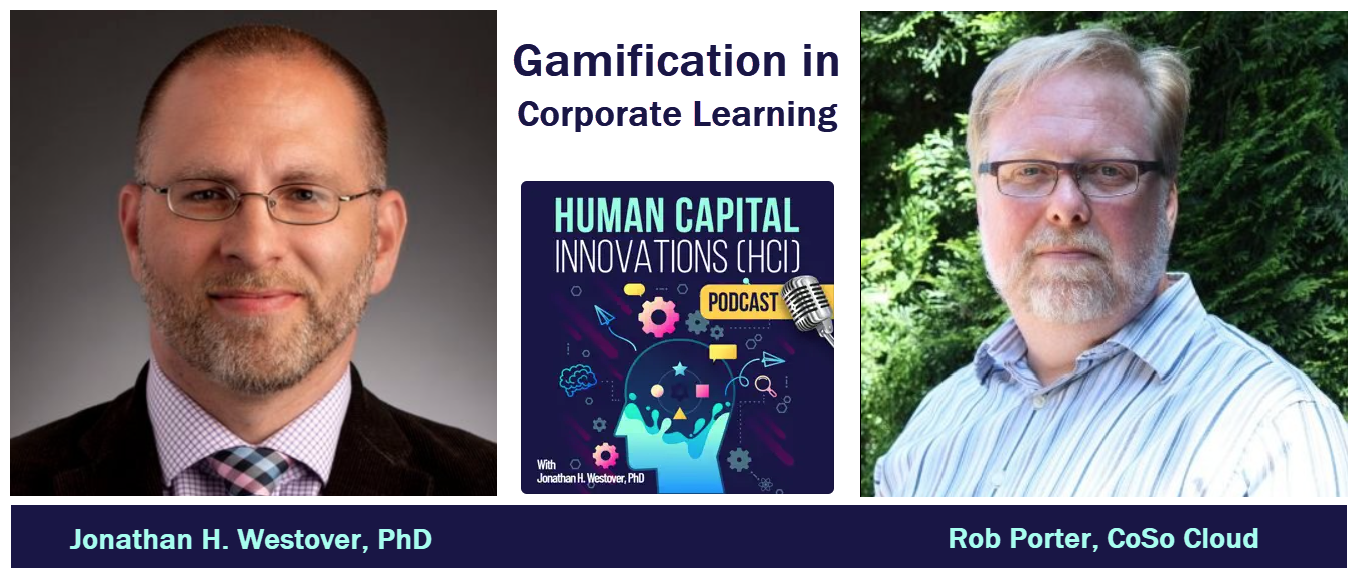
Teaching to the Google Generation
February 24, 2021
Marshall Shepherd thinks something may be missing when it comes to learning in today’s “Google It—What Does Wikipedia Say” era.
His article in Forbes quotes another educator who believes memorizing facts should no longer be the emphasis in scientific learning since information can so easily be obtained with a quick search. She says students should be learning how to ask questions and analyze and interpret data.
Even another educator he quotes speaks of the need to teach students how to think critically—to “solve problems…, which we may not even be aware [of] at this time.” The traditional classroom, she says, is obsolete. With dates, facts and answers to simple questions just a click away, there is more time and greater opportunity for students to fully explore their subject matter. They simply need to be taught how.
The same can be said in eLearning / corporate training. With microlearning, just-in-time learning and other related learning methods on the rise in organizations today, there is a shift happening. The alteration focuses not only on instructors conveying what workers need to know, but on making sure they know how to find the right information when they need it.
With so much information at our fingertips, it’s not always necessary for workers to recall all the information in full as long as they know the information exists. How often have you said to someone, “I think I read something about that once”? Or “I know the answer—it’s on the tip of my tongue”? In the big data world, it’s parallel to knowing the metadata but not the full body of information, which is okay. With the metadata, you can locate and retrieve the information you’re looking for. Likewise, as long as you know how to run a search, you can pull up just about anything.
PC Magazine published Google search tips that everyone working in today’s computer age should know. Such guidance should be included in every organization’s training program. But, arming your workers with proper inquiry based learning skills requires more than that.
Instead of leaning on your typical text-based learning materials and multiple choice quizzes (which aren’t that effective in supporting long-term retention) try boosting learner engagement while fostering a deeper level of learning and retention by presenting questions and problems that require a much higher level of critical thinking. The emphasis should be on teaching learners how to research and arrive at the answer vs. simply recall a simple set of facts.
With CoSo’s Headless LMS and applications like our EduGame, add gamification features that will continuously keep your learners engaged in an exciting way. Engagement = improved learning and retention. Incorporate challenges, badges, and certificates to encourage users to complete training for a high ranking on the leaderboard.
With this kind of adapted thinking (the capacity to respond quickly and intelligently in the midst of constant change), workers will be more prepared to face the complex scenarios that can’t always be anticipated—the same scenarios that often get companies in trouble when they’re mishandled by workers who haven’t been armed with the proper skills and mindset. Don’t let this happen to you, protect your high-consequence workforce.
Happy Teaching!











